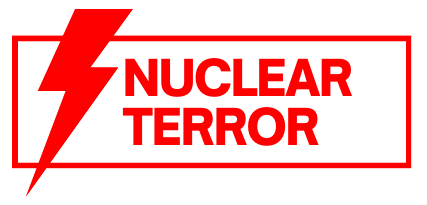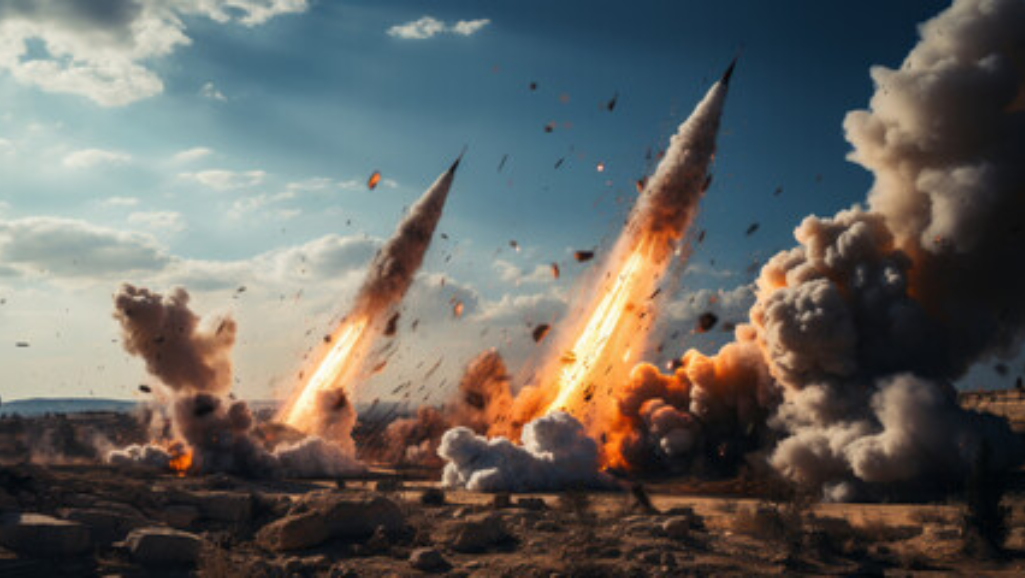Looking for a safe haven from nuclear threats? Wondering which country might offer the best protection? This article will provide you with an analysis of different factors that contribute to safety from nuclear threats. From geographical location and defense capabilities to political stability and international alliances, we’ll explore the key elements that can make a country a potential safe haven. By examining past incidents and future threats, we aim to provide an informed and objective perspective on which country might be the safest.
Geographical Location and Nuclear Threat
When considering geographical location and the potential for nuclear threats, you should prioritize the safety of your country. Geographical factors play a crucial role in determining the impact of nuclear accidents. The proximity to nuclear power plants and potential targets can significantly increase the risk of a nuclear incident. For example, countries located near fault lines or areas prone to natural disasters such as earthquakes or tsunamis are more vulnerable to nuclear accidents. The devastating consequences of such incidents can have long-lasting effects on both the environment and human health.
Additionally, the availability of suitable evacuation routes and emergency response systems is essential in mitigating the impact of nuclear accidents. Countries with well-developed infrastructure and effective emergency management strategies are better equipped to handle nuclear disasters. They have the ability to quickly evacuate affected areas, provide medical assistance, and minimize the spread of radiation.
Furthermore, geographical location also plays a role in determining the potential for intentional nuclear threats. Countries located in politically unstable regions or near hostile nations with nuclear capabilities face a higher risk of nuclear attacks. These countries should prioritize diplomatic efforts, engage in non-proliferation agreements, and invest in robust defense systems to ensure the safety of their citizens.
Political Stability and Its Impact on Safety
When it comes to nuclear safety, political stability is a crucial factor. Stable governments ensure the safety and security of their nuclear facilities, implementing strict regulations and protocols. On the other hand, political instability increases the risks associated with nuclear threats, as it can lead to neglect, corruption, or even the possibility of nuclear materials falling into the wrong hands. Therefore, when assessing the safety of a country from nuclear threats, the political stability of that nation must be taken into consideration.
Stable Governments Ensuring Safety
To ensure safety from nuclear threats, it is crucial for countries to have stable governments that actively prioritize political stability and its impact on safety. This means that governments should implement effective government policies and strategies, focusing on emergency preparedness to mitigate the risks associated with nuclear threats. A stable government provides a strong foundation for addressing potential nuclear threats and ensures that necessary measures are in place to protect its citizens. Governments that prioritize political stability understand the importance of investing in robust emergency response systems, including early warning systems, evacuation plans, and communication networks. Additionally, stable governments collaborate with international organizations and neighboring countries to strengthen their collective response to nuclear threats. By actively considering political stability and its impact on safety, countries can enhance their ability to prevent and respond to nuclear threats effectively.
Political Instability Increases Risks
By prioritizing political stability and its impact on safety, you actively mitigate the risks associated with nuclear threats. Political instability can have significant consequences on a country’s ability to effectively address nuclear threats. Economic stability plays a crucial role in ensuring nuclear safety. A strong and stable economy allows for investments in defense and security measures, which are essential in safeguarding against nuclear threats. Furthermore, public opinion also plays a vital role in political stability and nuclear threat. A united and supportive public can strengthen a government’s resolve to address nuclear threats and implement necessary safety measures. On the other hand, widespread discontent and division can weaken a government’s ability to respond effectively, leaving the country more vulnerable to nuclear risks. Prioritizing political stability, economic stability, and public opinion is essential in mitigating the risks associated with nuclear threats.
| Factors Influencing Nuclear Safety | Impact on Safety |
|---|---|
| Political Stability | Mitigates risks |
| Economic Stability | Ensures investments in defense and security measures |
| Public Opinion | Strengthens government’s resolve to address threats |
Defense Capabilities and Nuclear Deterrence
You can assess a country’s safety from nuclear threats by evaluating its defense capabilities and nuclear deterrence. Here are three key factors to consider:
- Defense capabilities: A country’s defense capabilities play a crucial role in deterring nuclear threats. This includes its military strength, advanced weapons systems, and ability to intercept incoming missiles. A strong defense infrastructure can act as a deterrent, making potential aggressors think twice before launching a nuclear attack.
- Nuclear deterrence: Nuclear deterrence refers to a country’s ability to prevent an adversary from using nuclear weapons through the threat of retaliation. This strategy relies on maintaining a credible and robust nuclear arsenal, as well as clear communication of the willingness to use it if necessary. The concept of mutually assured destruction (MAD) is based on the belief that no rational actor would initiate a nuclear conflict due to the catastrophic consequences it would entail.
- Alliances and partnerships: Building and maintaining strong alliances and partnerships can enhance a country’s defense capabilities and nuclear deterrence. Collective defense agreements, such as NATO, can provide a broader deterrent effect by assuring potential adversaries that an attack on one member will be met with a unified response from the entire alliance.
International Alliances and Their Role in Safety
Building strong alliances enhances a country’s defense capabilities and nuclear deterrence, thereby contributing to its safety from nuclear threats. International alliances play a crucial role in shaping the security landscape of a nation. By establishing partnerships with other countries, a nation can leverage the collective strength and resources of its allies to strengthen its defense posture and deter potential aggressors. These alliances serve as a deterrent against nuclear threats by signaling a united front and shared commitment to security.
To illustrate the impact of alliances on a country’s safety from nuclear threats, consider the following table:
| Alliance | Member Countries | Purpose |
|---|---|---|
| NATO (North Atlantic Treaty Organization) | United States, Canada, European countries, and others | Collective defense and deterrence against potential adversaries |
| Indo-Pacific Quad | United States, Japan, Australia, India | Promoting a free, open, and inclusive Indo-Pacific region |
| Five Eyes | United States, United Kingdom, Canada, Australia, New Zealand | Intelligence sharing and cooperation on security matters |
These alliances not only enhance a country’s military capabilities but also foster diplomatic cooperation and information sharing. In an increasingly interconnected world, where global conflicts can have far-reaching consequences, international alliances serve as a crucial foundation for maintaining stability and ensuring safety from nuclear threats.
Historical Nuclear Incidents and Lessons Learned
International alliances have played a crucial role in shaping the security landscape and enhancing the defense capabilities of nations, contributing to their safety from nuclear threats. However, it is essential to reflect on the historical nuclear incidents and the lessons learned from them to better understand the future implications of nuclear threats. Here are three key takeaways:
- Chernobyl Disaster (1986): The Chernobyl nuclear power plant explosion in Ukraine demonstrated the catastrophic consequences of inadequate safety measures and poor communication. It highlighted the need for stringent regulatory frameworks, effective emergency response plans, and transparent information sharing to mitigate the effects of a nuclear incident.
- Fukushima Daiichi Accident (2011): The Fukushima disaster in Japan was triggered by a massive earthquake and tsunami, leading to multiple reactor meltdowns. It underscored the importance of considering natural disasters when designing and locating nuclear facilities. Additionally, it emphasized the significance of continuous monitoring, rigorous maintenance, and regular safety upgrades to prevent such incidents.
- Cold War Nuclear Close Calls: The Cold War era witnessed several instances of near-miss nuclear disasters, often caused by miscommunication or technical malfunctions. These incidents underscored the need for improved communication channels, increased transparency, and diplomatic efforts to prevent accidental nuclear war.
Lessons learned from these incidents highlight the critical importance of prioritizing robust safety measures, effective communication, and international cooperation to address the future implications of nuclear threats. As nations continue to advance their nuclear capabilities, it becomes imperative to apply these lessons to ensure a safer and more secure global nuclear landscape.
Nuclear Disarmament Efforts and Their Effectiveness
Nuclear disarmament efforts have been instrumental in reducing global nuclear threats and promoting a safer international environment. However, achieving complete nuclear disarmament poses significant challenges, requiring extensive global cooperation. One of the major challenges is the lack of trust among nuclear-armed states, as they fear that disarmament may leave them vulnerable to potential adversaries. This lack of trust hampers progress towards disarmament agreements and undermines the effectiveness of such efforts.
Another challenge is the economic implications of nuclear disarmament. Many countries rely on their nuclear weapons programs for national security and deterrence, and dismantling these programs can have significant economic consequences. The funds that are currently allocated to maintaining and modernizing nuclear arsenals could be redirected towards other pressing needs, such as healthcare, education, and infrastructure development. However, the loss of jobs and the restructuring of defense industries may cause short-term economic hardships.
Furthermore, the verification and enforcement of disarmament agreements are crucial for their effectiveness. Robust mechanisms are needed to ensure that states comply with their disarmament obligations and to detect any potential violations. Strengthening international monitoring and inspection mechanisms is essential to build confidence and ensure the success of disarmament efforts.
Future Nuclear Threats and Potential Safe Havens
Looking for the safest country from a potential nuclear threat? Consider your options carefully. In a world where the risk of nuclear conflict remains a concern, understanding the geographical factors and the impact of technology is crucial in identifying potential safe havens. Here are three key points to consider:
- Distance from potential targets: Select a country that is far away from major military bases, strategic locations, and political tensions. A greater distance can provide an added layer of protection against the impact of a nuclear attack.
- Natural barriers: Look for countries with geographical features that can act as natural barriers, such as mountains or bodies of water. These features can help shield against the immediate effects of a nuclear blast and fallout.
- Robust defense systems: Assess the country’s defense capabilities and investments in advanced technology. Strong defense systems, including missile defense systems and early warning systems, can significantly reduce the risk of a successful nuclear attack.


